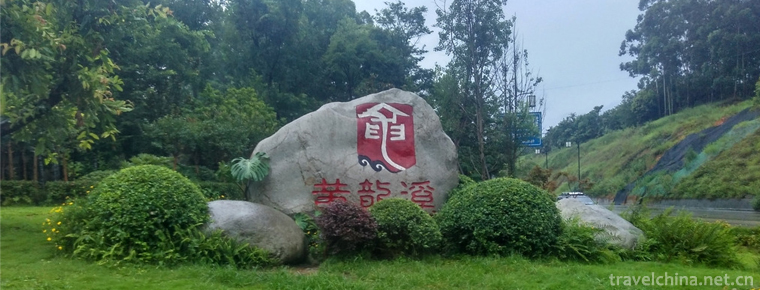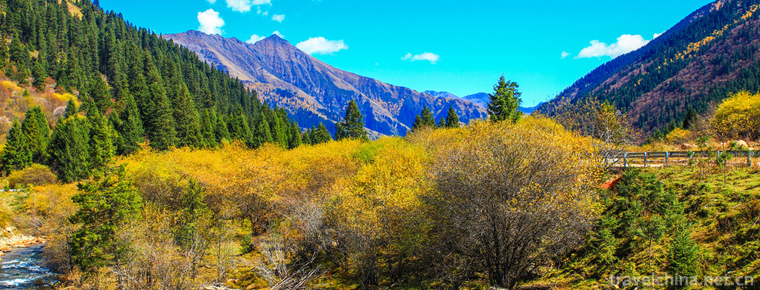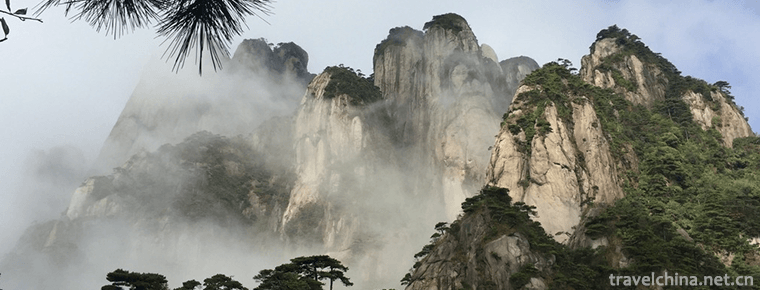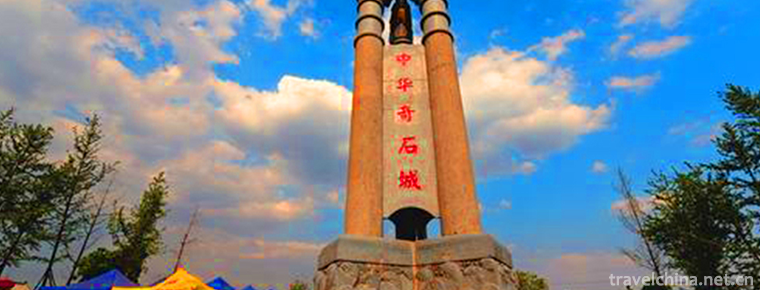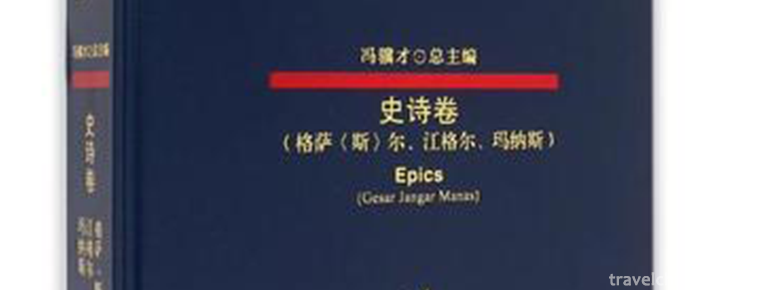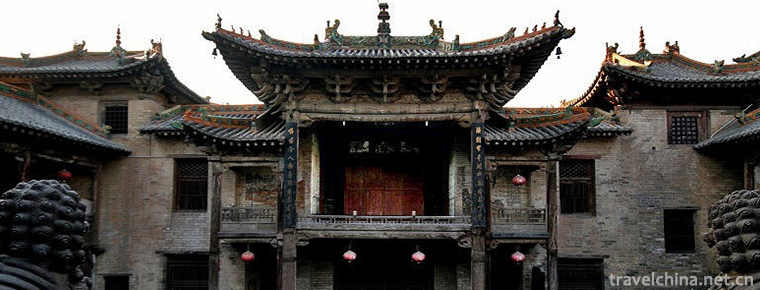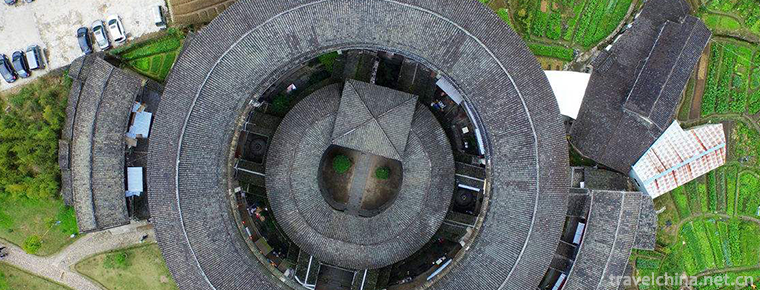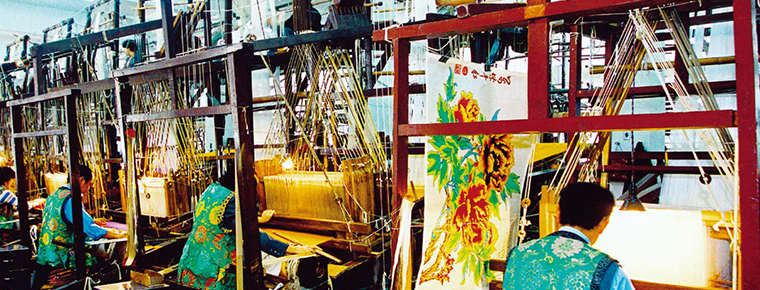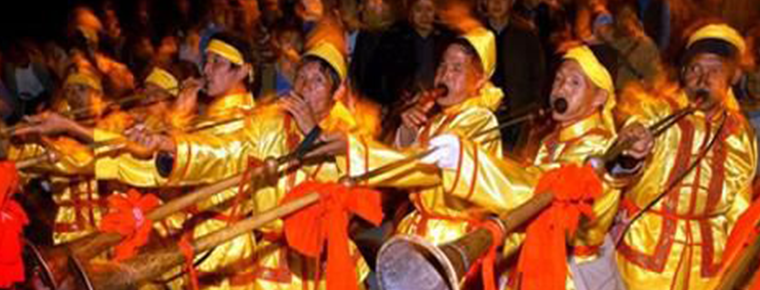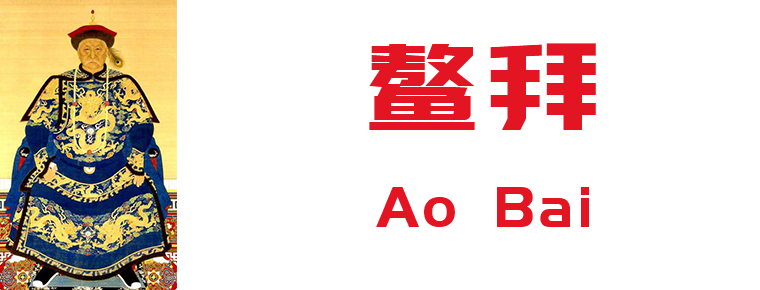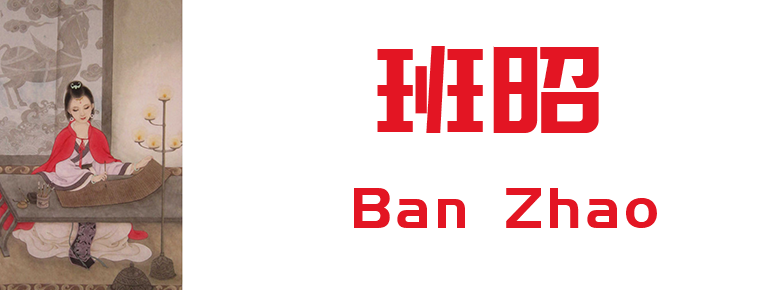Martial arts
Martial arts
Jingwu Sports Association originated from Huo Yuanjia's elite gymnastics school founded in Shanghai in 1910. It is a mass martial arts organization with the main activities and tasks of teaching, promoting Chinese martial arts and cultivating revolutionary forces. It is also the oldest and most influential folk sports organization in modern Chinese sports history. The Jingwu Sports Club is marked by body, intelligence, German Samsung flag and Samsung emblem. It represents the purpose of Jingwu Sports Club: body, intelligence and moral education. It advocates the spirit of "patriotism, self-cultivation, justice, helping others", "strengthening the country, strengthening the people, strengthening the body", "culture is military", carries forward Chinese culture and embodies the concept of teaching in the body.
After 1978, the Jingwu Sports Association resumed its activities in Shanghai and registered as a municipal non-governmental sports association in 1990. It is now known as the Shanghai Jingwu Sports Association. At present, the main work of the association is to organize and carry out the work of martial arts leading to schools, to appoint members and teachers to carry out students'quality education, to establish schools with martial arts characteristics, to popularize martial arts sports, and to strengthen the management of members' nationwide fitness activities in parks and communities. Organize and carry out various training, counseling and exchange activities; strengthen the links with domestic and Foreign Elite Wushu associations and Wushu groups, organize exchanges; organize Wushu and cultural training; organize and carry out theoretical research on wushu, collect information, compile teaching materials, collate historical materials, inherit and impart traditional wushu. Protect intangible cultural heritage.
brief introduction
Jingwu Sports Club, one of the mass martial arts organizations in China, was founded in Shanghai in 1910 by Huo Yuanjia to teach martial arts.
Main activities. In the autumn of 1911, the first Wushu performance was held in Shanghai. After that, many people asked for teachers to teach Wushu. Shortly afterwards, a branch was set up in Shaoxing, Zhejiang Province, and three branches were also set up in Shanghai. Since 1918, it has established branches in Wuhan, Guangzhou, Foshan, Shantou and Xiamen. Since 1920, branches have been established in various parts of Southeast Asia, such as Singapore, Kuala Lumpur, Jakarta, Sanbaoling, Sishui, Saigon, Malacca and other places where overseas Chinese live together. In Kuala Lumpur, a women's elite martial arts sports association was established. Teachers from China were sent to teach martial arts. They also worked in local schools for overseas Chinese children. Since the beginning of the War of Resistance Against Japan, the activities of the meeting have been intermittent. After the founding of the People's Republic of China, activities ceased at one time and then resumed.
History
On July 7, 1910 (the first day of June on the lunar calendar), the Chinese Jingwu Gymnastics Meeting was formally established, with its site located in the Wangjiazhai House west of Zhabei Dry Bridge. Huo Yuanjia taught boxing in person, and his disciple Liu Zhensheng and later Zhao Hanjie, Chen Qimei and Nong Jinsun often came to guide him. The first group of 73 students used the traditional teaching method of martial arts to teach boxing with teachers and apprentices. The first batch of students were Chen Gongzhe, Qiu Liang, Li Dichu, Yao Chanbo, Wang Weifan and Lu Weichang. Since then, China's first non-governmental sports organization was born.
While Huo Yuanjia was presiding over the martial arts gymnastics meeting to cultivate the backbone carefully in order to achieve great achievements, he was "framed" by the Japanese. Haemoptysis was aggravated after mistaking the salvia sold by the Japanese, and he was rushed to the Red Cross Hospital of China for treatment for two weeks before he died. His sudden death made martial arts gymnastics lose its pillars and its business invisibly stop.
In order to inherit Huo Yuanjia's wishes, a group of backbone students, Chen Gongzhe, Lu Weichang and Yao Chanbo, agreed to revitalize their martial arts. They unanimously said, "It's a pity that comrades should follow Huo's career if they feel all kinds of stimulation and return to the education of Huo Yuanjia." On March 3, 1911, the martial arts gymnastics meeting moved to the old site of the Chinese Volunteer Team of the Universal Chamber of Commerce (that is, the south end of the Minde Road crossing the railway to the North Zhejiang Road), with two practice rooms, libraries and dormitories, as well as a photographic studio, known as the Second Club.
After the completion of the second club, the number of members increased slightly, the cause of elite martial arts came out of the trough, and the business of the club has been developed to a certain extent.
On July 4, 1915, the canopy where Jingwu practiced martial arts in Wang Jiazhai was swept away by typhoon and could not practise martial arts. Therefore, Chen Gongzhe, Yao Chanbo and Lu Weichang, the three chairmen of Jingwu gymnastics meeting, discussed the new site of Jingwu in the future. Chen Gongzhe generously offered two mu of the mansion of 73 Peikel Road, the basket-lifting bridge, to build a new building. Will give up. On April 6, 1916, he moved into the new club building and renamed it "Shanghai Jingwu Sports Club". Since then, Shanghai Jingwu Sports Association has stepped into a period of growth and prosperity, and has opened up fields never touched by predecessors.
Jingwu is marked by body, intelligence, German Samsung flag and Samsung emblem.
In 1919, the second branch (in Nanshi Coal Mine Office) and the third meeting (in Shandong Guild Hall of Luban Road) were established respectively, and the Baikal Road Club was renamed the General Association.
From 1910 to 1920, its membership grew to more than 1100 in 10 years. Overseas also set up Jingwu Branch and invited Shanghai Federation to send teachers to guide. Such as Shaoxing (1912), Hankou (1918), Guangzhou, Foshan, Shantou (1919), Wuzhou (1922), Nanchang (1923), Xiamen (1925), Sichuan (two branches were established in 1927 and 1928), and later Nanning, Jiaxing, Songjiang and Wuxi. On July 3, 1920, at the invitation of overseas Chinese, Shanghai Jingwu Association sent five key members, Chen Gongzhe, Li Huisheng, Luo Xiaoao, Chen Shichao and Ye Shutian, to Hong Kong, Vietnam, Singapore, Malaya and Indonesia, to publicize the Wushu cause of Jingwu Sports Association and assist in the establishment of the Association. In the history of Jingwu, it was called "Five Ambassadors going to Nanyang". Since then, the above-mentioned countries and regions, as well as later Siam (Thailand), Macao, the United States, Canada and other countries and regions have established branches. At its peak, there were 42 branches at home and abroad, with more than 400,000 members.
In 1921, Chen Gongzhe dedicated his four-storey house at 75 Bekaier Road to the Jingwu Sports Club as the newly established "Central Jingwu" office connecting the work of other provinces, cities and foreign Jingwu Sports Clubs. In 1923, another property was purchased from Fordrine to build the Jingwu Central Auditorium. In 1924, the office moved to the Central Auditorium because of the housing financial distress on Bekaier Road, which is where the General Assembly is now located.
It always advocates the combination of "physical, intellectual and moral" education and "Wu Naiwen" and "Wushu is the main form of physical education. It gradually establishes the basic routines of"30 sets of martial arts"at the junior, middle and senior levels. In moral education, it actively advocates and implements the spirit of"patriotism, self-cultivation, justice and helping others".
It has edited and published dozens of works and books such as "Jing Wu Ji Ji", "Tan Hu Jing Yi", "Gong Li Quan", "Dali Quan", "Dharma sword", "Cantonese Opera essence", "new Yuefu", "photometry and Jing Jing", "medical theory" and other works and books. It also made a special screening of 5 consul 66 volumes. In 1938, the Japanese invaders invaded and occupied the clubhouse. Most of the books, magazines and films mentioned above were destroyed. Later, it will move to Cishu Building on Nanjing East Road (today's Donghai Building). It was not until the end of 1946, after the victory of the Anti-Japanese War, that the Fowley Club was reclaimed. After the founding of the People's Republic of China in 1949, the Jingwu Sports Association was taken over by the government and gradually became a stadium in Hongkou District. It continued to organize various sports training activities.
Jingwu Sports Club
After 1979, the Jingwu Sports Club resumed its activities in Shanghai and in Tianjin, Guangzhou and Yuyao. Since 1990, the association has carried out contacts and exchanges with overseas martial arts organizations, and the Taiwan Martial Arts Sports Association was established on January 27, 1996. President Huang Lianshun (born in May 1955) was the founder of Taiwan Martial Arts Sports Association. He was the first Taipei native of Taiwan Province to enter the Postgraduate Department of Wushu Department of Beijing Sports University, the highest Institute of physical education in China. He is a martial arts fighter, martial arts scholar and influential person on both sides of the Taiwan Strait. He is the executive coach of the Chinese Taipei National Team.
Influence
In the Jingwu Sports Club, there are both North and South Wushu schools. Teachers are all experts in North and South Wushu schools. After that, they have increased the teaching of other sports, such as wrestling, boxing, ball and so on. In order to expand influence and facilitate teaching, Wushu books such as Tan Leg and Kung Fu Quan were compiled, and some Wushu movements were filmed into films.
Huo Yuanjia (January 18, 1868 - September 14, 1910), Zijunqing, was born in Anletun, Dongguang, Hebei Province, and belongs to the Han nationality. Xiao Nanhe Village, Jinghai, Tianjin (now Nanhe Town, Xiqing District, Tianjin City, in memory of Huo Yuanjia, a famous Chinese and foreign patriotic martial artist, was examined by Tianjin Civil Affairs Bureau and submitted to Tianjin Municipal People's Government for approval. Its hometown, Tianjin Xiqing Nanhe Town, has been renamed Jingwu Town since January 18, 2009) and is the founder of Jingwu Sports Association. Huo Yuanjia was born in a family of maze boxing. Hondy's father worked as a bodyguard. Because Hondy's secret boxing was so fascinating, many big businessmen asked him to be his bodyguard. Hondy only served poor people and innocent people. He never bodyguarded corrupt officials. Horndi has three sons: Huo Yuanying, Huo Yuanjia, Huo Yuanwu, and Yuanjia ranks second. It is said that Huo Yuanjia was very weak when he was young. His father, Hondy, refused to let him practise martial arts. However, Huo Yuanjia practiced secretly and defeated a man who defeated Huo Yuanjia's brother and brother only in three ways within five minutes at the age of 24. After that, Huo Yuanjia founded the "Trace Fist".
Huo Yuanjia managed medicine stores in Tianjin when he was an adult, and then went to Shanghai to hold "Jingwu Sports Club" (Jingwumen), which made great contributions to the development of Chinese Wushu. In Shanghai, he once defeated the Russian Hercules in the rolling platform (one said that the Russian Hercules were defeated by Huo Yuanjia personally, another said that the Russian Hercules heard Huo Yuanjia's reputation abandoned the competition). Once a Japanese Hercules group came to China to ask for a competition, and Liu Zhensheng, a disciple of Huo Yuanjia's disease school, took the competition and defeated the Japanese Hercules. "Jingwu Sports Club" was founded by Huo Yuanjia in Shanghai in 1910. One of the reasons why Huo Yuanjia founded the "Jingwu Sports Club" was that he thought that Chinese Wushu should not be divided into different schools. We should learn from different families so that our respective Wushu could make progress and carry forward our national Wushu (which is similar to Mr. Bruce Lee). But Huo Yuanjia died within months of the founding of the Jingwu Sports Club. Yuanjia was poisoned by the Chamber of Commerce and died.
Huo Yuanjia was very weak and sick when he was young. His father, Horndi, was a famous Secret Boxer. He feared that the practice of martial arts in Yuanjia would damage Huo's fame and refused to teach him art. However, Yuanjia's ambition is lofty. He pays close attention to it day by day, visits everywhere and steals art from his father and brothers. Practice hard in the remote jujube forest outside Shewai. Later, the Father knows and is responsible. Yuanjia promised never to compete with others, not to disgrace Huo's family, Fang Zhuangfu practicing martial arts together. Yuanjia is talented, perseverance is astonishing, and his elder brother is superb among his brothers. When the father saw this, he changed his old ideas and devoted himself to the transmission of art to him. Later Yuanjia developed the ancestral "Secret Secret Boxing" into "Track Boxing" by combining the strengths of various families with their military associates, thus bringing the ancestral boxing art to a new peak.
In the 22nd year of Guangxu (1896), Shandong hero Liu Zhensheng came to Tianjin to worship under the gate of Yuan Jia. Huo Chaqi's integrity was accepted as a disciple. From then on, it broke the precedent of Huojiaquan's "passing in without passing out". Yuan Jia Xia's courage and righteousness. In the 24th year of Guangxu (1898), Tan Sitong was killed in the Reform. Wang Wu (Prince Bin) of Dadao took refuge in Jinmen and made a deal with Yuan Jia as soon as he saw it. After Prince Bin was killed in Beijing, he was demonstrated by the leaders of the eight-nation coalition forces. Yuanjia and Liu Zhensheng sneaked into the capital city, stole their heads and got the help of Liu E, the author of Travel Notes of the Old Disabled. They buried the righteous men together and did their best to be friends.
In the twenty-seventh year of Guangxu (1901), a Russian came to Tianjin to sell gardens. He advertised in the newspapers that he claimed to be the world's strongest man and was invincible throughout China. Huo Yuanjia saw the advertisement, and heard that the Russians also said on the spot that they insulted the incompetence of the Chinese and were extremely angry. He immediately invited the owner of Huaiqing Hall, Nong Jinsun, and his disciple Liu Zhensheng, to go to the theatre. He saw the Russian strongmen boasting on stage that they were "the world's strongest man" and "the country of the sick man" if they could. Where can Huo Yuanjia still sit under the stage? Despite the public's dissuasion, he jumped onto the stage with a grand arrow and said, "I am Huo Yuanjia, the sick man of East Asia. I would like to compete with you on this stage." At this time, the translator told the Russian about Huo Yuanjia's life history. Knowing Huo Yuanjia's prestige, the Russians dared not neglect it. They rushed Huo Yuanjia into the background. Huo Yuanjia challenged the Russians on the spot: "Why insult me to China?" And put forward three conditions: first, to re-advertise, we must get rid of the saying that the Russians are "the first in the world"; second, we need the Russians to publicly admit the mistake of insulting China and compensate for it in public; otherwise, it is the third condition: I want Huo Mou to make a decision with him, and command him to be decisive at the right moment. How dare the fierce Russian fighters dare to compete in the field, they have to agree to the first two conditions, Gan. May the newspaper correct and publicly acknowledge the mistakes of contempt for the Chinese, and leave Tianjin in disgrace.
In the first year of Xuantong (1909), Opinion, a British strongman, advertised in Shanghai, insulting me as "the sick man of East Asia". Huo was invited by his friends to go to Shanghai for an appointment to compete in Wushu. Being deterred by Huo Yuanjia's power, the other side threatened him with ten thousand gold. With the support of his friends, Yuanjia promised to give ten thousand gold as a pledge. After repeated delays, Yuanjia published an advertisement in the newspaper, which read: "The world scorns our country as a sick man's country. I am a sick man in the sick man's country. I would like to try with the world's healthy people." "Bian Sheng Yan" specializes in foreign strongmen. Although they are of iron and steel, they have nothing to fear! Huo Gong's voice threatened Opinion to flee before he dared to fight. Even notaries and operators fled.
On June 1, 1910, Huo Yuanjia, assisted by his colleagues in Wushu circles such as Nong Jinsun, founded the "China Martial Arts Gymnastics Meeting" (later renamed as the "China Martial Arts Gymnastics Meeting") in Shanghai. Dr. Sun Yat-sen praised Huo Yuanjia's belief that "to make the country strong, everyone must practice martial arts" and his brilliant festival of publicizing Huo Jiaquan to the world. He wrote four big words of "martial spirit" in his own hand and presented them to the Jingwu Sports Club. In September 1910, the president of the Japanese Judo Association led more than ten skilled fighters to compete with Huo Yiyi, who was defeated by him. The Japanese offered a wine banquet, Huo choking cough during the dinner and recommended Japanese medicine for treatment. Huo Gong was honest all his life and died of poisoning accidentally on September 14. He is 42 years old.
After Huo Yuanjia's death, disciples of the Jingwu Society and patriots of Shanghai martial arts circles held a solemn funeral for Huo Yuanjia, offering a couplet of "Chengren takes justice" and burying it in the northern suburbs of Shanghai. Next year, disciple Liu Zhensheng helped the coffin to return to Li and was buried in the south of Xiaonanhe Village. The Shanghai Jingwu Association is taught by Yuanqing, the youngest brother of Yuanjia, and Dongge, the second son of Yuanjia. Local chapters have been divided one after another. After more than ten years, there are 43 chapters at home and abroad, with more than 400,000 members.
It is said that after Huo Yuanjia was poisoned by the Japanese, his lover Chen Zhenzhen avenged him. This legend was first brought to the screen by Bruce Lee in the late 1960s and early 1970s. But in fact, there is no Chen Zhen in history.
In addition, there is Huo Yuanjia's long historical novel, Huo Yuanjia, the Jinmen Warrior, written by Feng Yunan and published by Baihua Literature and Art. Through the author's textual research of some historical materials, the basic reproduction of a generation of chivalrous Huo Yuanjia's style.

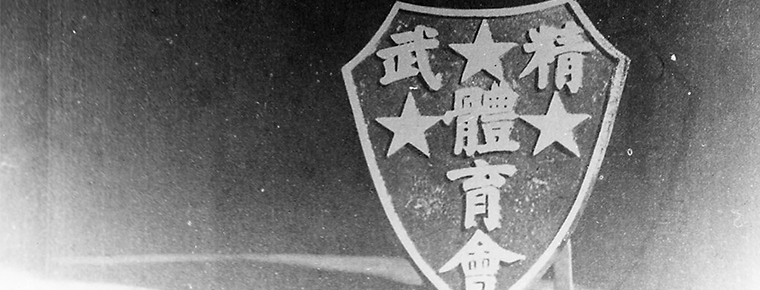
-
Huang Longxi
Huanglong Valley, Shuangliu District, Chengdu, Sichuan, China.
Views: 122 Time 2018-10-02 -
Aba Tibetan and Qiang Autonomous Prefecture
abbreviated as Aba Prefecture, is a national autonomous prefecture in Sichuan Province.
Views: 301 Time 2018-10-13 -
Sanqing Mountain Scenic Spot
Sanqing Mountain, also known as Shaohua Mountain and Yashan Mountain, is located at the junction of Yushan County and Dexing City, Shangrao City, Jiangxi Province.
Views: 193 Time 2018-12-08 -
Strange Stones city in China
Located one kilometer north of Feixian Town, Linyi City, Shandong Province, China's largest ornamental stone base, national AAAA scenic spot, Shandong Province's key cultural tourism industry projects.
Views: 125 Time 2018-12-22 -
Gesar
Gesar (Sr) came into being in the second half of the 17th century and spread among the Mongolian people in Mongolia, Liaoning, Jilin, Heilongjiang, Qinghai, Gansu, Xinjiang and other provinces and reg.
Views: 322 Time 2019-05-01 -
The Story of Guangchan Marquis
The story of Guangchan Marquis refers to a local folklore widely circulated in Yangcheng County, Jincheng City. Guangchan Marquis refers to an ordinary folk veterinarian in the Northern Song Dynasty.
Views: 159 Time 2019-05-01 -
Construction Techniques of Hakka Tulou
Hakka Tulou building construction technology, Fujian Longyan City Nanjing County, Huaan County local traditional building construction technology, one of the national intangible cultural heritage..
Views: 139 Time 2019-05-09 -
Lu Brocade Weaving Techniques
Lujin brocade weaving technology, traditional handmade brocade weaving technology in Juancheng County, Shandong Province, is one of the national intangible cultural heritage..
Views: 194 Time 2019-05-15 -
Gelao Maolong Festival
"Gelao Maolong" is a form of folk worship handed down from generation to generation by Shiqiao Gelao people. It mainly spreads in the Ming and Longfeng villages of Longjing and Tangshan town.
Views: 134 Time 2019-07-13 -
Ao Bai
O Bai (about 1610) - 1669, Manchu: Oboi) Guwalgiya Manchuria is set in Huangqi banner. Mio Yuanhoon, Quan Chen, the son of Saul fruit of the tribal chieftain of the Qing Dynasty, the founding fathers .
Views: 236 Time 2019-09-11 -
Ban Zhao
Ban Zhao (about 45 years - about 117 years), also known as Ji, the word Hui ban. Fufeng An Ling (now northeast of Xianyang, Shaanxi), a historian and a writer of Eastern Han Dynasty. historian Ban Bi .
Views: 287 Time 2019-09-11 -
Plant resources in Leshan
Leshan City is located in the middle subtropical zone, which is located in the southwest of Sichuan Basin and Hengduan Mountain area. Emei Mountain is the most representative area. There are 1452 species, 585 genera and 141 families of seed plants.
Views: 89 Time 2020-12-17
